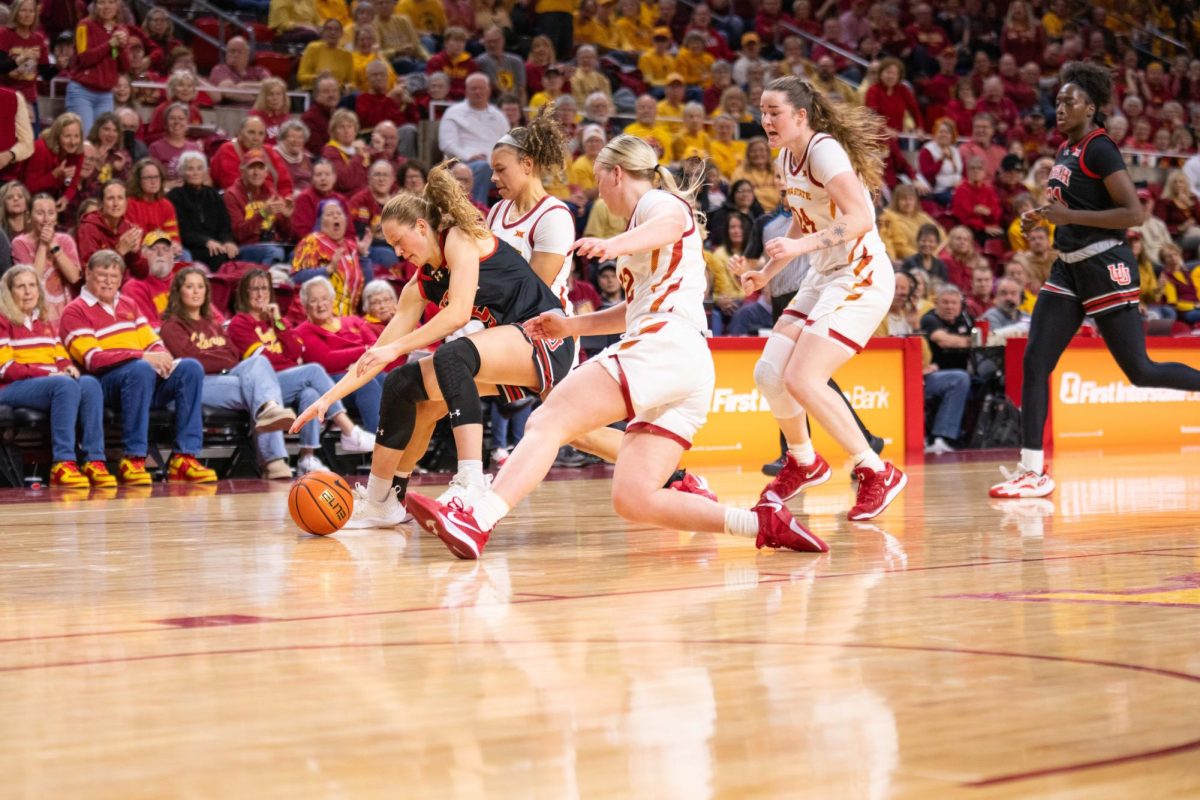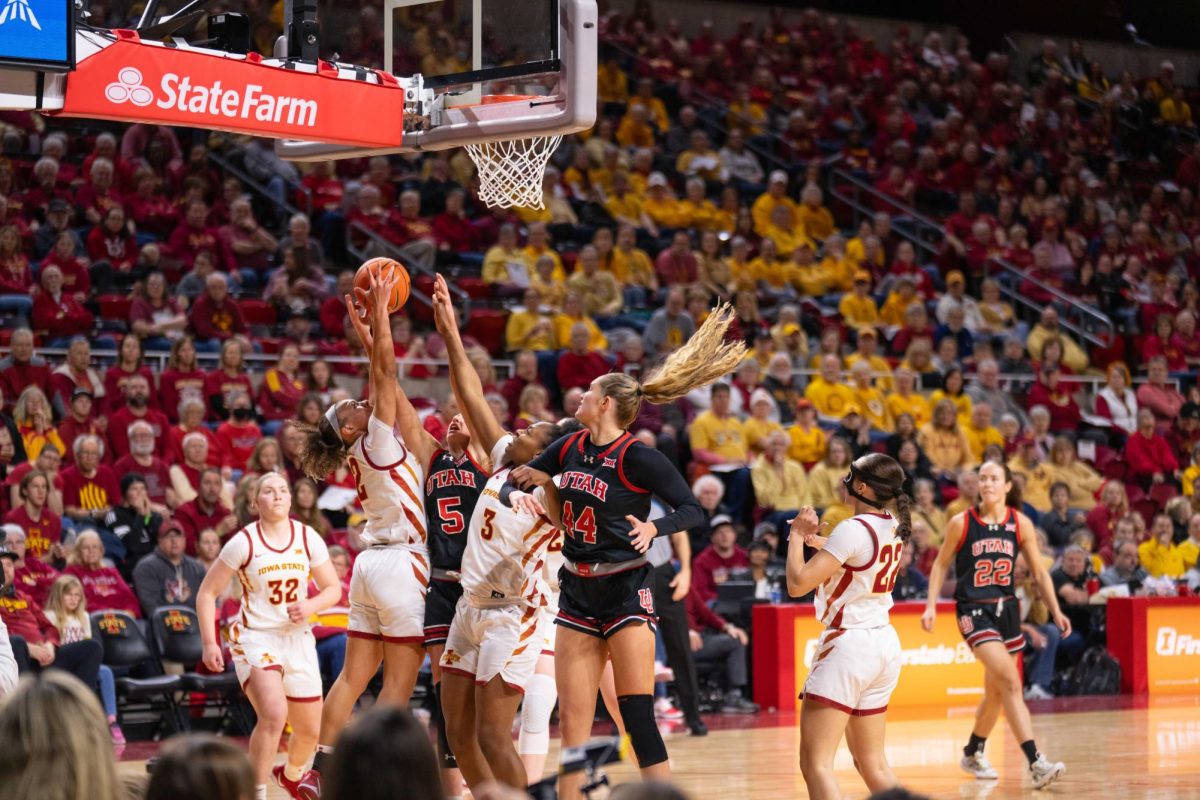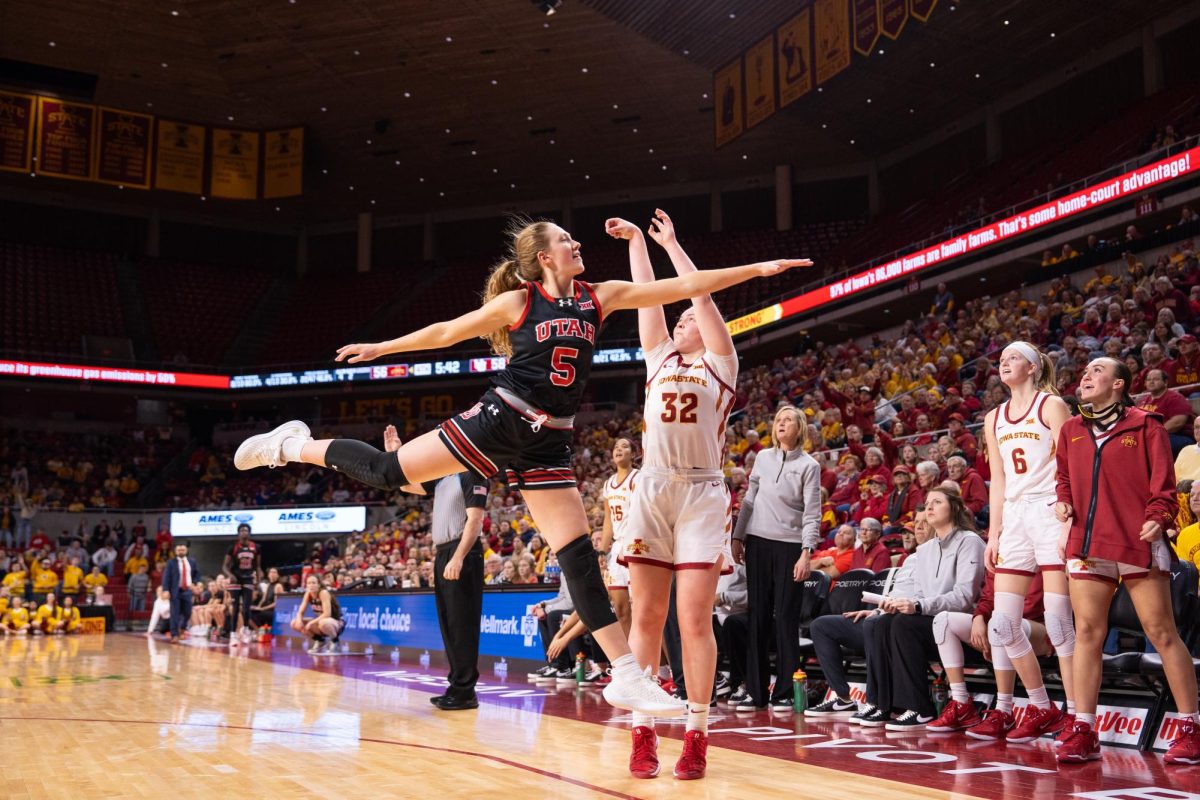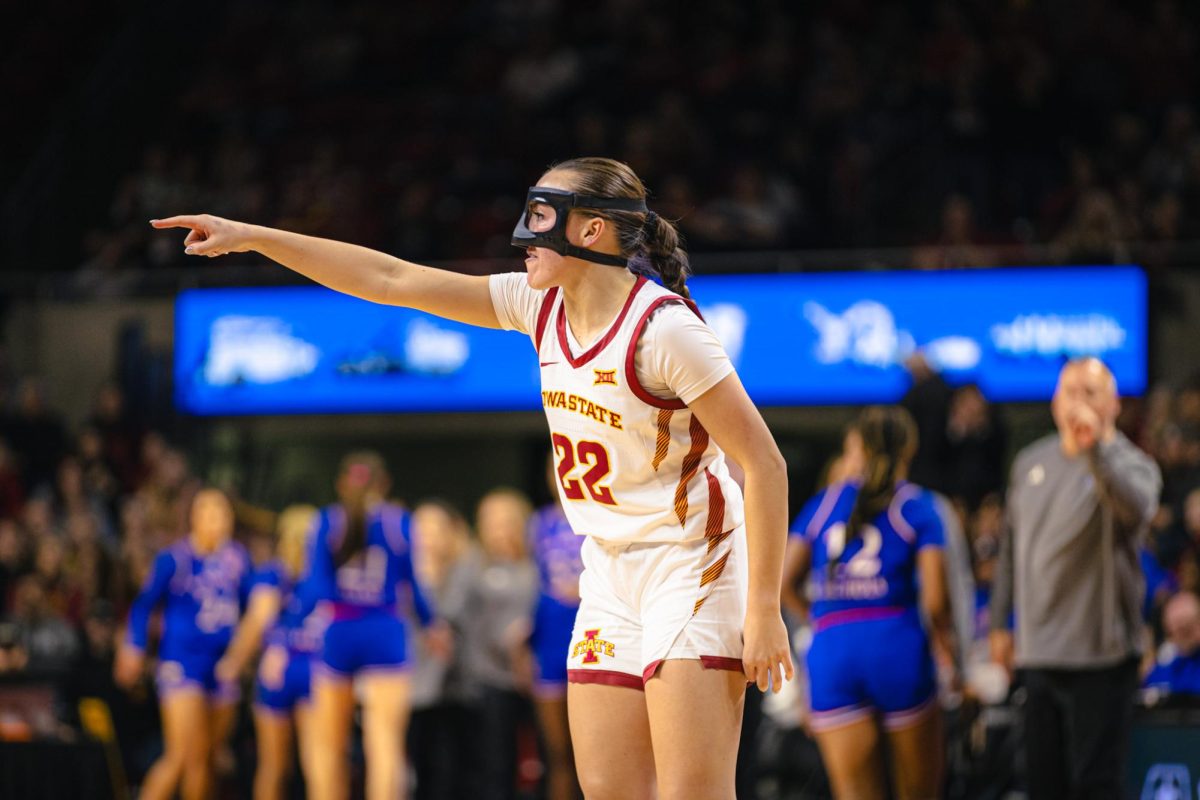Being Special Forces
May 2, 2002
When you look at Adam Doud, you don’t see an elite soldier.
You see a freshman who plays more computer games and watches more Japanese anime than a student with 21 credits should have time for.
Doud’s relatives didn’t see much of a soldier in him either.
They didn’t quite understand the value of the hapkido lessons he started at age four, or the private swimming lessons from his grandmother, or his time spent as a professional paintball player or learning how to parachute.
But the value of all these experiences, Doud says, is that “I’ve unknowingly trained for the military pretty much all of my life.”
His eyes are set firmly on being one of the Navy Sea, Air, and Land (SEAL) commandos.
The elite reputation of the unit inspired Doud, freshman in pre-business, to enlist in the Navy SEAL Challenge last October.
The SEAL Challenge is a relatively new program that allows exceptional candidates to go right into the Basic Underwater Demolition SEAL School (BUD/S) after boot camp and technical school, rather than having to go through months or years of regular ship duty.
The tradeoff is that basic training is more “exciting” for the Challenge candidates. While normal recruits get a little time to rest, Doud can expect to have an extra two hours tacked on to his day when a SEAL “motivator” will supply just a sample of the physical and mental torment Doud can expect in BUD/S.
“It just sounds fun. I’m just weird,” Doud says with a shrug and smile. “That’s why I think I can make it.”
He says this in his usual easygoing manner, as if he forgot that up to 90 percent of SEAL candidates drop out before the grueling 26-week session is over. The Navy Web site describes the SEAL program as “seven months of intensive training designed to push you to your physical and mental limits – again and again.”
Not just the normal soldier
Army Lt. Col. Marvin Meek, professor and chairman of military science, agrees that Special Forces candidates are a rare breed.
Out of the 140-some cadets that he oversees, only 20 are seriously thinking about the Special Forces.
“All 20 of them are extremely patriotic, all 20 of them have a feeling of service to something greater than them, in other words serving their country . as do all of our people who are commissioned,” Meek said. “But they want to do it to a greater degree, in an environment that is more extreme, that is more challenging and that is more rewarding.”
As rare as it is to find a Special Forces hopeful, it is a remarkable coincidence that Robert Gore lives right down the hall from Doud. Gore, like Doud, has his eyes set on the Special Forces.
But there are several differences between Gore and Doud.
For starters, Gore is already in the military as a private in the Army National Guard. He is planning to serve at least a few years of duty, including a peacekeeping mission in Bosnia next spring. Then he’ll move on to Ranger school – the entry level Army Special Forces – and from there, to the Green Berets.
“I’m just the type of person who always strives for the best. I figure it as a way that I can be better than I’ve ever been,” says Gore, freshman in physics.
Gore’s room is decked with odds and ends from his military commitment. His dog tags hang off of his desk, and his beret and combat boots are tucked in his closet. A flag that bears the Airborne insignia, “Mess with the best – die like the rest” hangs on a wall, and a set of throwing knives and a target board sits near his bedside.
Unlike Doud, Gore is planning to finish his college degree before joining the Green Berets, a sensible decision considering most Berets have their bachelors and even master degrees. Not only are they required to be in superb physical condition, but both the Berets and SEALs require mental sharpness.
If Gore makes it through Green Beret school, he can plan on being trained in different languages and leadership skills. For example, in Afghanistan, the Berets are not just fighting alongside the Northern Alliance, but they are learning the local dialects, drinking tea with the local leaders and providing medial care and training.
“I think that’s pretty cool, helping the country help itself,” Gore says. “I like helping other people out in that aspect.”
Then he flashes a grin suggestive of the gung-ho attitude of many young soldiers. “But I also like the shoot ’em up, going in, drag the mo-fo out by his ears. I love that – it gets my heart pounding.”
Fitting the mold
After his first month of college, Doud wasn’t enjoying school and was looking for alternatives.
It was then that he heard about the Navy SEAL Challenge. The more he read about the SEALs, the more he saw himself fitting the mold.
He had the qualities recruiters wanted: impeccable health, intelligence, a die-hard attitude – even his small size, which makes for a quicker soldier and smaller target, was an advantage.
“I wasn’t really enjoying my college experience too much, because I don’t drink or smoke or do any drugs, or anything like that,” he says. “So I kind of miss out a lot on the party scene, among other things.
“I decided that I really didn’t want to spend my entire life doing normal things, when I could take this opportunity now and spend six years to do something almost no one in the world can – but that I knew I could.”
His first step was to get his act together. He started putting more effort into his school work, and along with his puritanical stance on drugs (he won’t even take Advil), he puts himself through a rigorous two-to-three-hour regimen of calisthenics, running and swimming.
He passed the SEAL physical test easily, but SEAL candidates are strongly encouraged to keep themselves in peak physical shape. For all of his work, Doud admits that the end of his training program will merely be “the basis to start from” when he enters the first phase of BUD/S – basic physical training.
Why they fight
Lt. Col. Meek says there was a higher level of interest in the military science classes and Special Forces following Sept. 11, although not everyone wanted to actually join the armed forces.
For those like Gore who were already in the military, there wasn’t the luxury of just having interest. When he watched the events of Sept. 11 on the TV, his first reaction was fear.
“It scared me. I thought I was going to be shipped off. I kept hearing rumors about my company being deployed,” he says. “But I’d be willing to go in a heartbeat.”
He has a large American flag that was draped across his wall before it was cool to do so.
“I guess you can call me a realist, but I’m also a romantic of military belief,” Gore says. “Chivalry. Fighting for what you believe in. Dying for what you believe in. Honor. Loyalty. I believe in those values very strongly. Those things are the heart and soul of me.”
In Gore’s own experience, not everyone in the military is dedicated to serving – most see it as any normal job. But the Special Forces are different.
“If the [Green Berets] didn’t want to be there, they wouldn’t put themselves through that crap,” he says.
“But the honor between soldiers, the honor for their country, the things they are willing to do for other people and their country – it’s unreal. And I wish people would understand that they don’t have to do that but they love their country so much that they’re willing to do this for them. Not just for their families – for everybody.”
Already in his short career, Gore has made sacrifices. He knows it will be a sacrifice to leave school next April for a 280-day peacekeeping mission in Bosnia.
“There’s always regrets. But a lot of times the regrets are canceled out by the opportunities given to you,” he says. “I have absolutely no regrets just because I went to the military that I had to sacrifice time with my family and with my loved ones.”
Doud knows about SEALs that have been killed in Afghanistan.
It is the possibility of something like this happening that made Doud’s parents unhappy when he told them he was joining the SEALs.
But Doud sees it from a practical viewpoint. To him, joining the SEALs is a safe bet.
“It’s safer than sitting at some office job getting hit by a plane,” Doud casually remarks. “At least I can shoot back.
“I take it personally when people attack Americans, because I’m an American,” he says.
Doud isn’t focusing on fighting. He is focusing on reaching his goals. He is focusing on facing the doubt from his parents and friends about his goals.
“Everyone thinks I’m going to fail – that helps a lot,” Doud says. “But I know I’m going to make it. I don’t really care what they think.”






